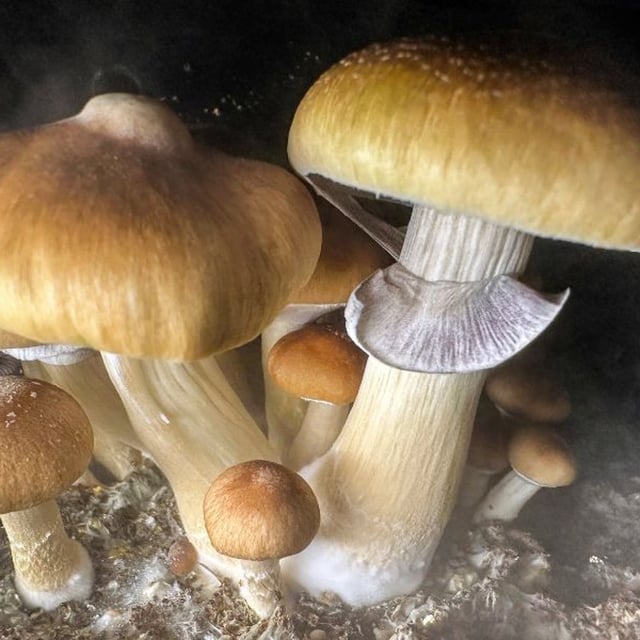Overview
- A July 16 Nature publication revealed psilocin extended lifespan by about 30% in aged mice and prompted signs of physical rejuvenation such as dark fur regrowth.
- Mechanistic analyses showed the treatment reduced oxidative stress, enhanced DNA repair responses and preserved telomere length in cells and animals.
- Emory University and Baylor College of Medicine teams have outlined protocols to establish optimal dosing schedules and to monitor adverse effects in initial human cohorts.
- Investigators will implement rigorous participant screening and controlled environments to mitigate the psychological and physiological risks associated with psychedelic administration.
- Researchers caution that questions about long-term safety, treatment timing and potential harms must be answered before wider clinical use can proceed.


